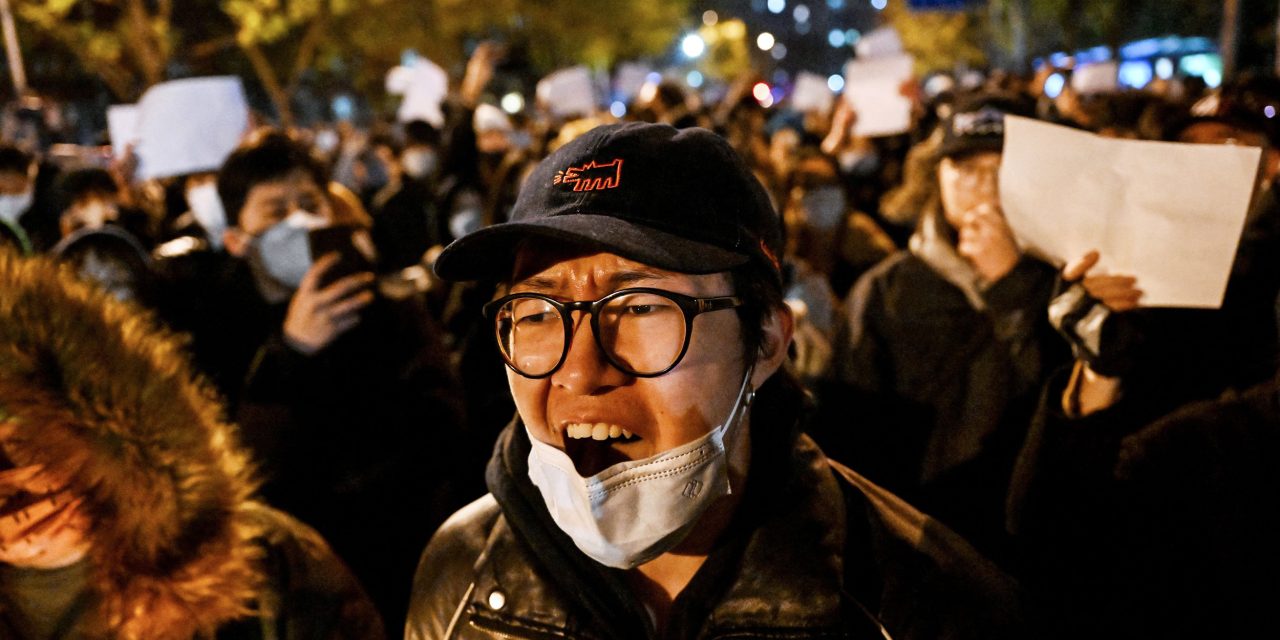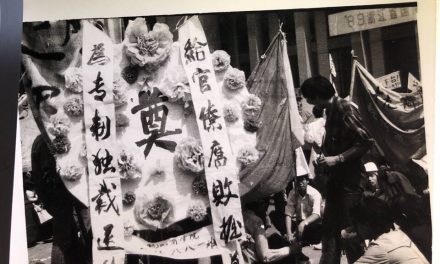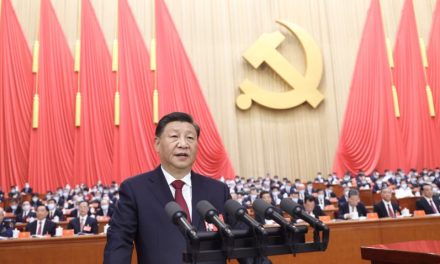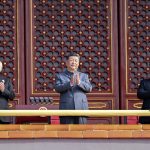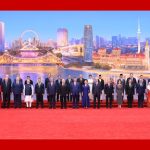As someone who participated in the pro-democracy demonstrations at Tiananmen Square in 1989, I can’t help feeling echoes of that moment in the events taking place in China now. I was there when the Chinese Communist Party sent in troops to gun down the protesters, and I fear that history can repeat itself today. The world should not underestimate the determination of Xi and the CCP to remain in power. The regime will make full use of all the resources at its disposal, including surveillance technology, the police and the intelligence services. For that reason, the international community should make use of all the tools available to it to support pro-democracy forces and to deter the Beijing regime from resorting to force.
We hope that the protests will eventually yield the changes we seek. I see at least four conditions that must be simultaneously met for there to be a chance of achieving meaningful change in China. First, the people must be strongly discontented with the political status quo. Second, a viable democratic opposition must arise. Third, a rift has to occur within the leadership of the CCP government. Fourth, the international community will have to believe that China’s democratic opposition is viable and will opt to support it. Condition 1 has been met; Condition 2 remains a dream for the moment, while Condition 3 could yet occur if the protests continue.
There is much that the international community can do to assist. First and foremost, the Biden administration and other Western governments should give unequivocal and specific warnings to China about the consequences of any bloody crackdown. The international community could hold out the threat of additional economic sanctions, greater aid for Taiwan and a crackdown on the offshore wealth of China’s top political families. Should a split emerge within the CCP leadership, they can choose to speak to more open-minded leaders, rather than the hard-liners, to strengthen the legitimacy of the former.
Above all, Western governments should not repeat their mistakes of 1989, when the United States and other democracies made little effort to deter then-Chinese Communist Party leader Deng Xiaoping from massacring student protesters because they did not believe he would do it. Today’s Western leaders can openly show moral support for the protesters and encourage the Chinese authorities to engage in peaceful dialogue with them.
Watching the treads of tanks in Tiananmen Square crush young lives made me realize that China must change. These protests have yielded a make-or-break moment for the people of China. We must maintain our faith that the Chinese people are prepared to join all those around the world who now live in free countries. An opening for significant change could come in the next few weeks or months — or it may take a few more years. Of course, it will never come without collective effort — and that includes the international community. Accordingly, those outside China must be ready to help bring about political change in the country.
This article first appeared in The Washington Post on 11/28/22.

